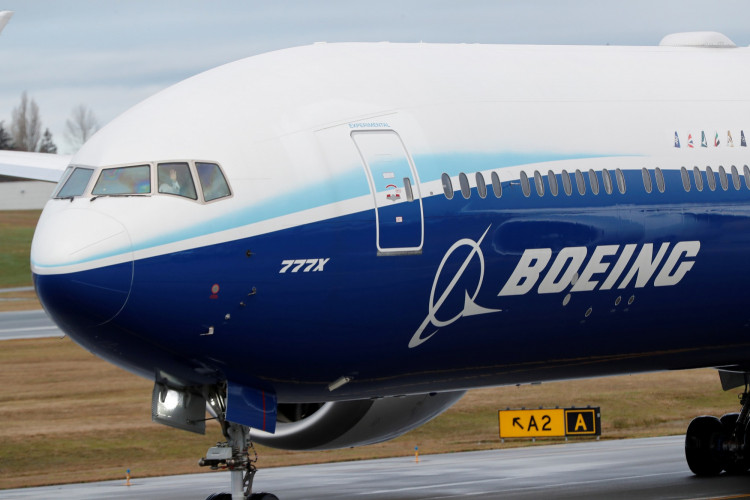The U.S. Federal Aviation Administration (FAA) has launched a new investigation into Boeing after the planemaker voluntarily informed the regulator that it might have failed to properly carry out certain quality inspections on its 787 Dreamliner planes. The FAA said it is investigating whether Boeing completed the required inspections to confirm adequate bonding and grounding where the wings join the fuselage on some 787 Dreamliners, and whether company employees may have falsified aircraft records.
In response to the revelations, the FAA has stated that while the investigation is ongoing, Boeing employees will reinspect the Dreamliners that have not yet been delivered to airline customers, and the company will develop an "action plan" for the planes that are already in service. The agency emphasized that Boeing "voluntarily informed us in April that it may not have completed required inspections to confirm adequate bonding and grounding where the wings join the fuselage on certain 787 Dreamliner airplanes."
Scott Stocker, the Boeing executive overseeing the 787 program, addressed the issue in an internal memo seen by the Guardian. Stocker acknowledged that the problem, which was reported by an employee, was an instance of "misconduct" but not "an immediate safety of flight issue." The memo revealed that the company concluded "several people had been violating company policies by not performing a required test, but recording the work as having been completed."
Stocker assured employees that Boeing "promptly informed our regulator about what we learned and are taking swift and serious corrective action with multiple teammates." He also praised the employee who spoke up, stating that the company would "celebrate" their actions.
This latest investigation comes on the heels of allegations made last month by a whistleblower, Sam Salehpour, who urged Boeing to ground every 787 Dreamliner jet worldwide, warning that they were at risk of premature failure. Salehpour, a Boeing engineer with more than a decade of experience at the company, claimed that shortcuts were taken to reduce production bottlenecks while manufacturing the 787. He also raised concerns about the production of the 777, another wide-body jet. The FAA is currently investigating these allegations as well.
Salehpour alleged that he faced retaliation, including threats and exclusion from meetings, after raising concerns about issues such as a gap between parts of the fuselage of the 787. The whistleblower's claims have further intensified scrutiny on Boeing's manufacturing practices and quality control measures.
In January, a separate incident involving a Boeing 737 Max aircraft operated by Alaska Airlines made headlines when a door panel was blown out mid-air, forcing the plane to make an emergency landing. The Justice Department is conducting a criminal investigation into this event, which occurred on January 5.
The National Transportation Safety Board has reported that four key bolts appeared to be missing from the plane, which had been delivered by Boeing months earlier. Boeing has stated that it believes the required documents detailing the removal of the bolts were never created.
As the FAA's investigation into the alleged misconduct and potential falsification of records in the 787 Dreamliner program unfolds, Boeing's manufacturing practices and commitment to safety continue to face heightened scrutiny. The company's shares were down 1.5% at $177.03 late on Monday afternoon following the announcement of the FAA probe.






